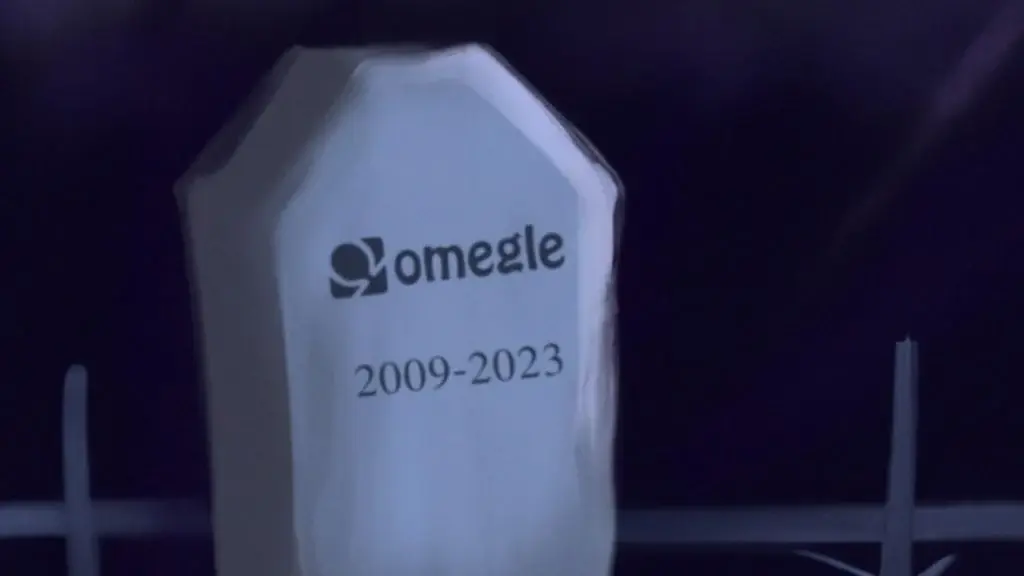End of an Era: Omegle’s Closure Highlights Struggle Against Online Misuse
After a 14-year journey, Omegle, the popular platform for anonymous online chat, has officially ended its services. The founder, Leif K-Brooks, cited unsustainable financial and psychological pressures as the reasons behind the site’s closure. Omegle, which was launched in 2009, gained fame for connecting users randomly for one-on-one interactions without the need for registration, offering anonymity and a space for social exploration.
Omegle’s closure marks the end of an era in the world of online chat platforms. With its unique proposition of anonymous interactions, the platform attracted millions of users over the years. However, the decision to shut down the service highlights the ongoing struggle against online misuse and the challenges faced by such platforms.
Founder Leif K-Brooks explained that the financial burden of maintaining Omegle had become unsustainable. Despite its popularity, the platform relied heavily on advertisements for revenue, which were not enough to cover the costs of operation. In addition, the constant monitoring and moderation required to ensure a safe and positive user experience took a toll on the mental well-being of the team behind Omegle.
Omegle’s closure raises important questions about the responsibility of online platforms in combating misuse and protecting their users. The platform faced numerous issues related to harassment, inappropriate content, and even illegal activities. While efforts were made to implement reporting and blocking features, it was an ongoing battle to stay ahead of those who sought to exploit the platform for malicious purposes.
Despite the challenges, Omegle played a significant role in providing a space for social exploration and connection. It offered a unique experience where users could engage in conversations with complete strangers, free from the constraints of registration or personal information. This anonymity allowed for open and honest interactions, fostering a sense of curiosity and adventure.
As Omegle bids farewell, it serves as a reminder of the delicate balance between freedom and safety in the online world. While anonymity can be empowering, it also opens the door to potential abuse. The closure of Omegle should prompt both users and platform developers to reflect on the importance of responsible online behavior and the need for robust moderation systems.
Looking ahead, the void left by Omegle’s closure may pave the way for new platforms that prioritize user safety while still offering the thrill of anonymous connections. The lessons learned from Omegle’s journey can serve as valuable insights for future endeavors in the realm of online chat platforms.
Omegle’s closure marks the end of an era, but it also marks the beginning of a new chapter in the evolution of online socialization. As users and developers navigate this changing landscape, the focus must remain on creating spaces that promote healthy interactions, foster genuine connections, and protect the well-being of all participants.


Leave a Reply